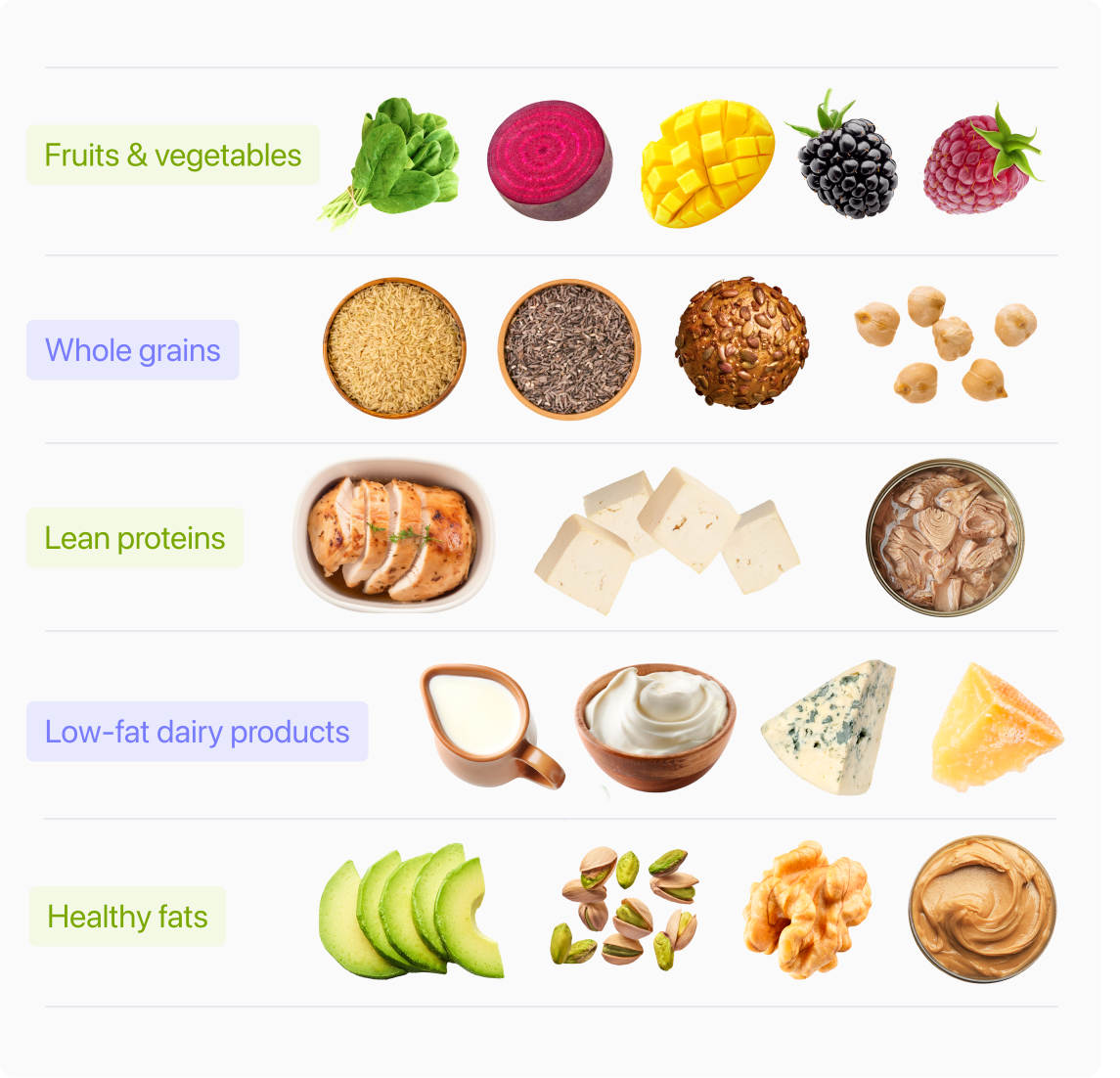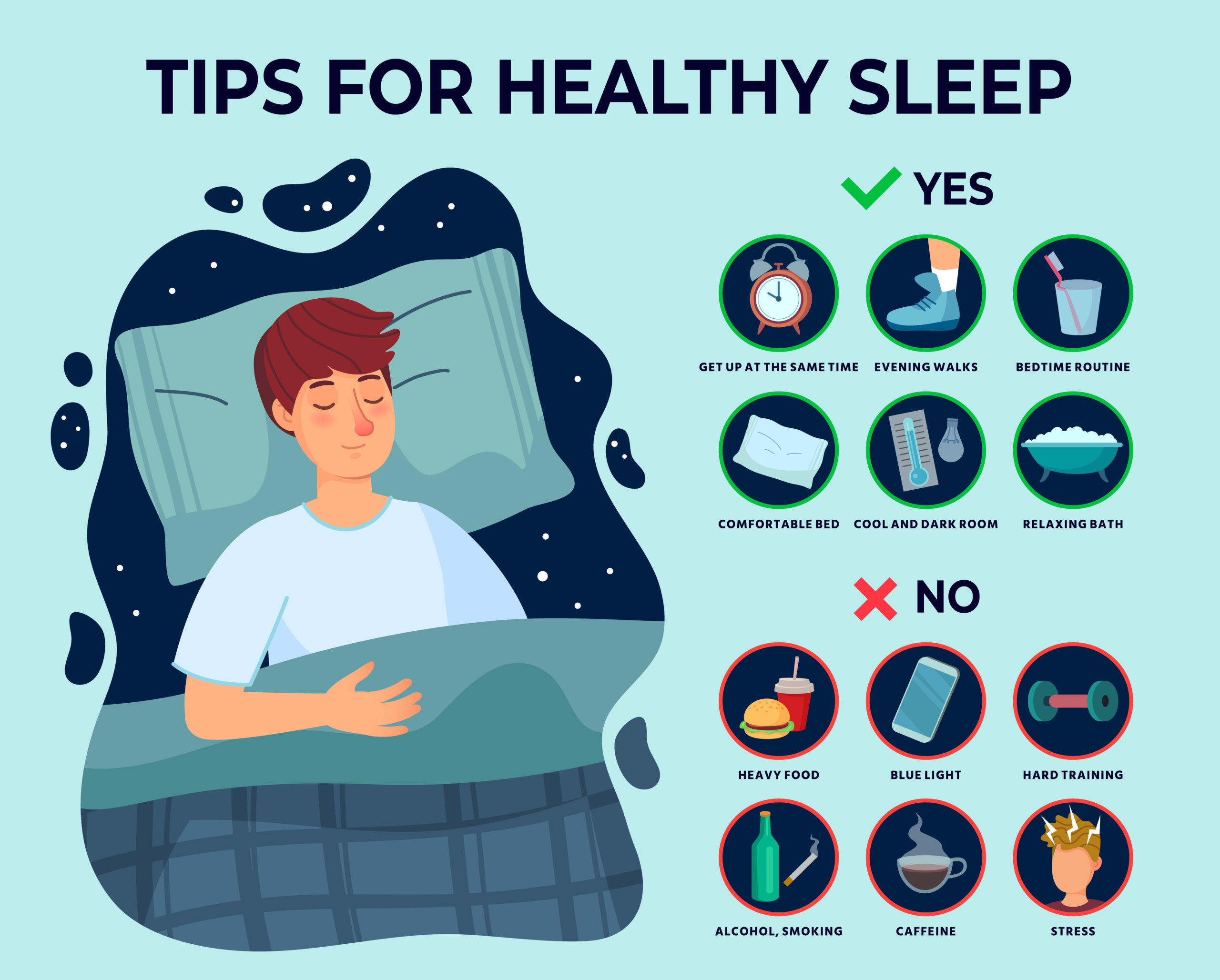
Resisting appetite is like an endless battle. Our world seems to constantly make us feel hungry. The temptation of sweets is ever-present, and healthy eating always seems unusually difficult.
In fact, this struggle requires more than just willpower. A large part of the problem lies in our modern food environment. Half of the food Americans consume today is highly processed, containing large amounts of fat and sugar.
Sugar is hidden in unexpected places, such as salad dressings or soups. Sugar is cleverly added to fast food. Even foods labeled as “healthy” often contain sugar. On average, each person consumes 152 pounds of sugar per year. Doctors point out that refined carbohydrates are converted into blood sugar once consumed. The higher the blood sugar levels, the more fat is stored in the body. This has a direct impact on our bodies.

For years, we have been advised to reduce our dietary fat intake. The goal was typically to achieve a slimmer physique. Looking back, this advice seems to have been a misguided metabolic step. As we avoided fat, obesity rates strangely skyrocketed. Scientists have finally identified the real culprit: ultra-processed foods are the primary cause of overeating. Understanding this shift in perspective is now critical.
Processed foods seem to be everywhere. Avoiding them is exceptionally difficult for everyone. New research has found that consuming healthy fats can reduce our cravings. Afterward, your desire for sugar and processed foods will decrease. Dr. Aziz confidently states, “You will feel so satisfied that you won’t miss junk food.” Imagine the state of true satisfaction after a meal.

This isn’t about depriving yourself of food, but harnessing the power of natural foods to work for you. Feel the difference. Start identifying and replacing hidden sources of sugar, added sugars, and processed carbohydrates.
Eliminating granola bars might be a good start, as many types of ranch salad dressings also hide sugars. Even seemingly healthy honey ham contains a significant amount of hidden sugars. So, what can you use as a substitute? Consider using olive oil rich in fats, or smooth coconut oil.
Avocados, various nuts and seeds, and flavorful fatty fish can also be part of your diet. As Dr. Aziz encourages everyone: “Soon, you’ll find that you eat less yet feel more satisfied.” You don’t need to eat extremely small portions. The key is to choose foods that provide lasting satiety. This will change your physiological response to meals and snacks.

Australian research highlights this point. Evidence suggests that healthy fats can increase GLP-1 hormone levels. Why is this crucial for health? Dr. Aziz explains the reason for the increase in GLP-1 levels: “It mimics the effects of weight-loss drugs like Ozempic, but without the cost or side effects.” GLP-1 is a hormone naturally produced by the human body, playing a key role in regulating blood sugar and appetite signals. Increasing its levels helps suppress distracting hunger pangs and significantly contributes to improving blood sugar stability. This is a key factor in managing appetite and weight.
In addition to affecting hormones, dietary fat also has a physical effect. Drugs like Ozempic partially work by slowing down, significantly slowing down the rate of gastric emptying. Healthy fats can naturally achieve a similar effect. As dietary fat moves through the small intestine, it activates a mechanism called “ileal braking.” This actually slows down the movement of food, meaning that the feeling of fullness lasts longer after eating.
By consciously choosing natural foods and using natural fats as the foundation of a healthy diet, you naturally reduce the physical and psychological space for foods that trigger harmful appetite. This allows the body’s natural hunger control mechanisms to regain control. These mechanisms will tell you when you are truly hungry and when you are truly satisfied. Ultimately, these mechanisms can regain control of your body.

Drexel University conducted a pilot study in which adults who received guidance achieved positive results. They replaced ultra-processed foods with less processed foods on a daily basis. This significantly reduced sugar intake, with a 50% decrease in sugar consumption. Even more impressively, daily calorie intake was reduced by an average of 612 calories per day, without being told to restrict portion sizes. The result was an average weight loss of approximately one pound per week. This study strongly demonstrates the importance of focusing on quality. Emphasizing the selection of minimally processed foods and natural fats is effective, as it allows for easy reduction of calorie intake each time.
Perhaps the most compelling effect is the role of healthy fats. Their interaction with our brains is particularly important. Brain scans show that sugary processed foods activate certain areas of the brain. These areas are the same as those activated by hard drugs that trigger cravings. This vividly illustrates their potency and addictive potential.
But there is an encouraging aspect here. Natural fats appear to produce the exact opposite effect. A Harvard-led study confirmed this through brain scans. This demonstrates the powerful role of healthy fats.

It is beneficial to consider how natural fats can reduce persistent thoughts about food, a phenomenon known as “food noise.” We should explore this concept in depth, as it aligns with the broader picture of weight management. It is not just about what people eat; environmental factors also play an important role. Biological factors are equally important. Behavior can exacerbate thoughts about food, leading to persistent cravings.
Scientists didn’t invent the phrase food noise. But it’s used more often in weight talks. It describes the inside voice about food. This voice never seems to stop. It might make you crave food. It can change eating choices. Sometimes you feel this even when not hungry.
Scientists did not invent the term “food noise,” but it is frequently used in discussions about weight issues. It describes the internal voices related to food that make you crave it. Sometimes you may feel these voices even when you are not hungry.
Dr. Jack Mosley mentioned this in his book. Today, we face far more “food noise” than in the past. Our ancient brains have not adapted to this environment, which is filled with various food cues. Today, accessing food choices has become exceptionally easy, which is the result of food environment design. This environment is inherently designed to make it easy for us to overeat.

Weight control is not just about dietary adjustments; exercise plays a crucial role here. Regular physical activity can be highly beneficial. Combining strength training with aerobic exercise helps balance the hormones that regulate hunger. Aerobic exercise directly burns fat. It is beneficial for heart health and also improves mental well-being.
Dr. Jorge Moreno is a weight management expert. He states that exercise is the most effective way to maintain weight. GLP-1 medications can aid in initial weight loss. Studies show that those who add exercise achieve better results. They lose more weight overall. The key is that they can maintain their weight for longer periods. A consistent exercise plan strongly supports dietary adjustments. It also enhances the efficacy of medications. This contributes to long-term success.
Sleep and stress management are key factors that people often overlook. Insufficient sleep disrupts hormone balance, and these hormones can make you feel hungry. Leptin levels may decrease, and this combination of hormones can lead to increased cravings.
Chronic stress can undermine your efforts, as stress triggers the release of hormones like cortisol. Cortisol increases appetite and signals the body to store calories. Fat often accumulates around the waist and abdomen. Stress can also lead to emotional eating.
Related posts:
Healthy Fats for Weight Loss: How To Cut Sugar and Shed Pounds
Dr Michael Mosley’s son Jack: I’ll continue my father’s legacy
7 Reasons You Aren’t Losing Weight on Weight Loss Drugs




